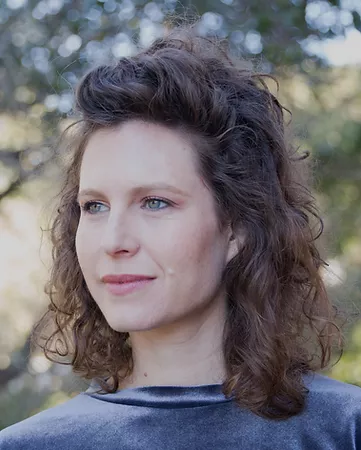Gabriella Willenz
gabriellawillenz.com
Gabriella Willenz works in photography, video and installation to probe the tension between the construction of reality and its representation as natural and neutral. Her artworks critically interrogate how knowledge is constructed, delving into the mechanisms of how we get to know and relate to the world around us. She incorporates theatrical means such as story, props, character, and actions to explore the performance of/in public and private institutions and the intersections between belonging and othering. She was a fellow at the Art and Research Center at UC Berkeley, won the Eisner Prize in photography, was an artist-in-residence at Ox-Bow School of the Art, Michigan, and is an Asylum Arts and Lincoln Center Directors’ lab alumni. She has been commissioned by The Magnes Collection of Jewish Art and Life; Asylum Arts; Jewish Arts Collaborative, Boston; and the Graduate Theology Institution Berkeley, among others.
